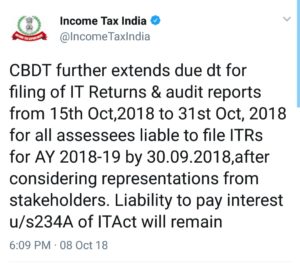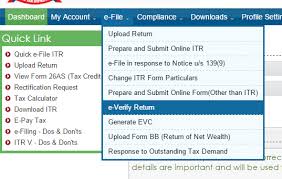
With a view to promoting cashless transactions, the Central Board of Direct Taxes ( CBDT ) has issued an advisory on its official website regarding cash transactions over and above the prescribed limits specified under the law.
The advisory issued by the Board remind the taxpayers to not accept cash of two lakh or more in aggregate from a single person in a day or for one or more transactions relating to one event or occasion.
One of the major steps introduced by the Government after the demonetization was to restrict cash transaction above Rs. 2 lakh rupees.
Under the Finance Act, 2017, the amounts in excess of Rs. 20,000 or more shall be received or repaid in cash for transfer of Immovable Property and amount more than Rs. 10,000/- in cash relating to the expenditure of business/profession was also banned.
Further, amount in excess of Rs. 2,000/- in cash cannot be donated to a registered trust /political party.
The department further reminded that the contravention may result in the levy of tax/ penalty.
The CBDT advisory said that any payment made in cash on account of the premium on health insurance facilities is not allowable as a deduction under section 80D of the Income Tax Act.
“Any information regarding black money including information about undisclosed income/ assets (both in India as well as abroad) and Benami transactions can be given to the jurisdictional Director General/ Pr. General of Income Tax (Investigation),” it said.
The CBDT has recently announced a new scheme called Income Tax Informants Rewards Scheme 2018 through which the department will reward up to 5 crore rupees to informants.
The scheme regulates grant and payment of reward to a person who is an informant under this scheme.
Also, the Benami Transactions Informants Reward Scheme 2018 has been announced for regulating grant for informants giving information relating to benami property actionable under Prohibition of Benami Property Transactions Act, 1988, as amended by Benami Transactions (Prohibition) Amendment Act, 2016.



